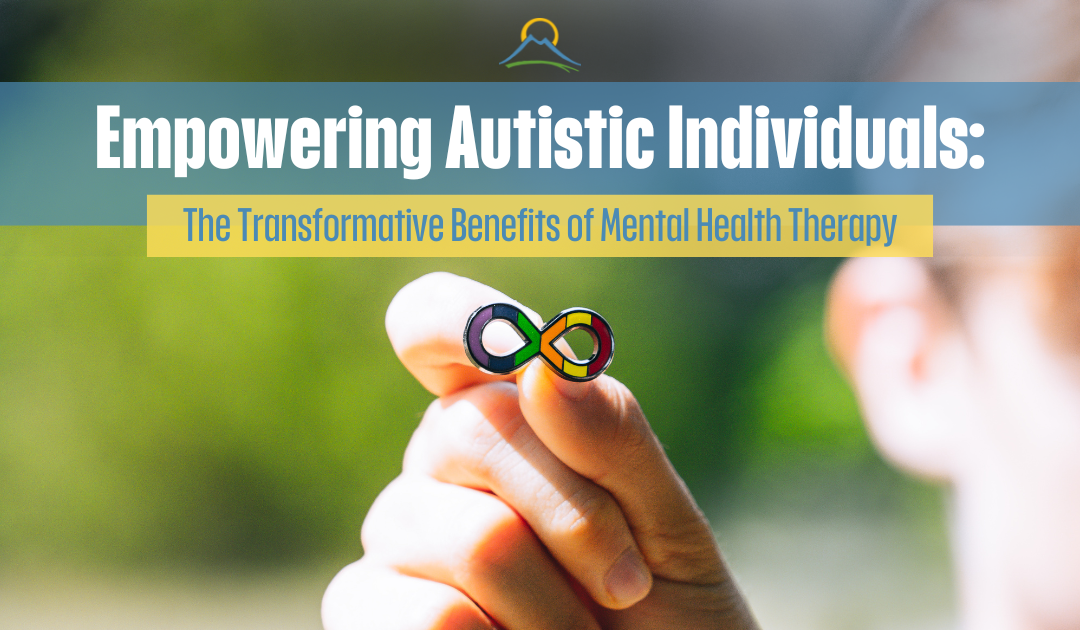The loss of a job can be an emotional roller coaster. After losing a job, it might feel as if the world collapses. Besides the loss of stability, structure, and colleagues, the sense of social utility and identity can be affected. When dealing with grief, feelings of anger, sadness, and frustration are common. Everyone experiences a loss in their own way.
The term grief is often linked to the loss of a loved one. The different stages of grief in the Kubler-Ross grief cycle can also be experienced when it comes to loss in important life changes, such as job loss due to transfer or being fired. Understanding and applying the 5 stages of grief to job loss for ourselves or others can help us process the emotions that come with the loss of work.
Stage 1: Denial
During the first phase, denial, it is difficult for one to face the dismissal. Denial is a conscious or unconscious refusal to face reality. It is a natural form of self-protection. It helps to determine at what rate the grief is allowed. This phase usually manifests itself through avoidance, confusion, shock, or fear.

Stage 2: Anger
When the truth is faced, anger occurs. In this phase, these angry feelings may be projected onto the boss or company who have failed them. It is also possible to pass that blame onto colleagues. Anger helps in the grieving process since the feelings of guilt and grief are suppressed by focusing on blaming. Feelings of anxiety, frustration, irritation, and thoughts of revenge can occur during this phase.
Stage 3: Bargaining
At this stage, attempts are made to negotiate. One can try to deal with the loss of work by setting goals or making promises. This can be done, for example, by mass applying for a myriad of different jobs or setting extremely high personal goals. During this phase, it might be difficult to find meaning, and it is particularly important to reach out to others for support.
Stage 4: Depression
When reality sets in, someone may find themselves in a state of depression or shows symptoms of stress. When one begins to accept reality, feelings of sadness, regret, fear, and insecurity emerge. Losses from the past recur, and one may need to express their sadness repeatedly. Underneath the sadness, feelings of anger remain. Suppressed anger is often a crucial cause of depression. Other feelings that might occur during this phase are helplessness, overwhelming stress, and hostility.
Stage 5: Acceptance
When having had enough time to process the loss and go through the mentioned stages, it is possible to start accepting reality. It is time to let go. Letting go is not the same as forgetting. It is giving the loss a place in life and moving on. Only after acceptance comes a new perspective, actively moving forward, exploring options, and making new plans.
Focus on the Future
Focusing on the future can help to stay physically and mentally healthy. To reach this goal, it is important to take good care of oneself.
Goodbye
Saying goodbye helps to process the grief. Meeting up with old colleagues might help or create a group of old colleagues on Facebook to share experiences. Write a card, send a text, or send an email to the person you would like to say goodbye.
Routine
Work ensures a structure and routine in life. Now that this has changed, it is important to keep or bring structure to your life. Try to maintain normal morning and evening routines. Whether it’s reading the news or having a morning coffee, do something that you’re used to doing. Keeping routines helps you feel productive and provides a sense of purpose.
To-do lists
Write a to-do list in which it is easy to keep track of what you want to do in the morning, afternoon, and evening. Writing the list before going to sleep can help start the day with goals right away. Start doing this daily and eventually try to schedule a few days or a week. Check off what has been accomplished, and remember to leave enough time in your daily schedules to make time to relax and to sort things out.







0 Comments